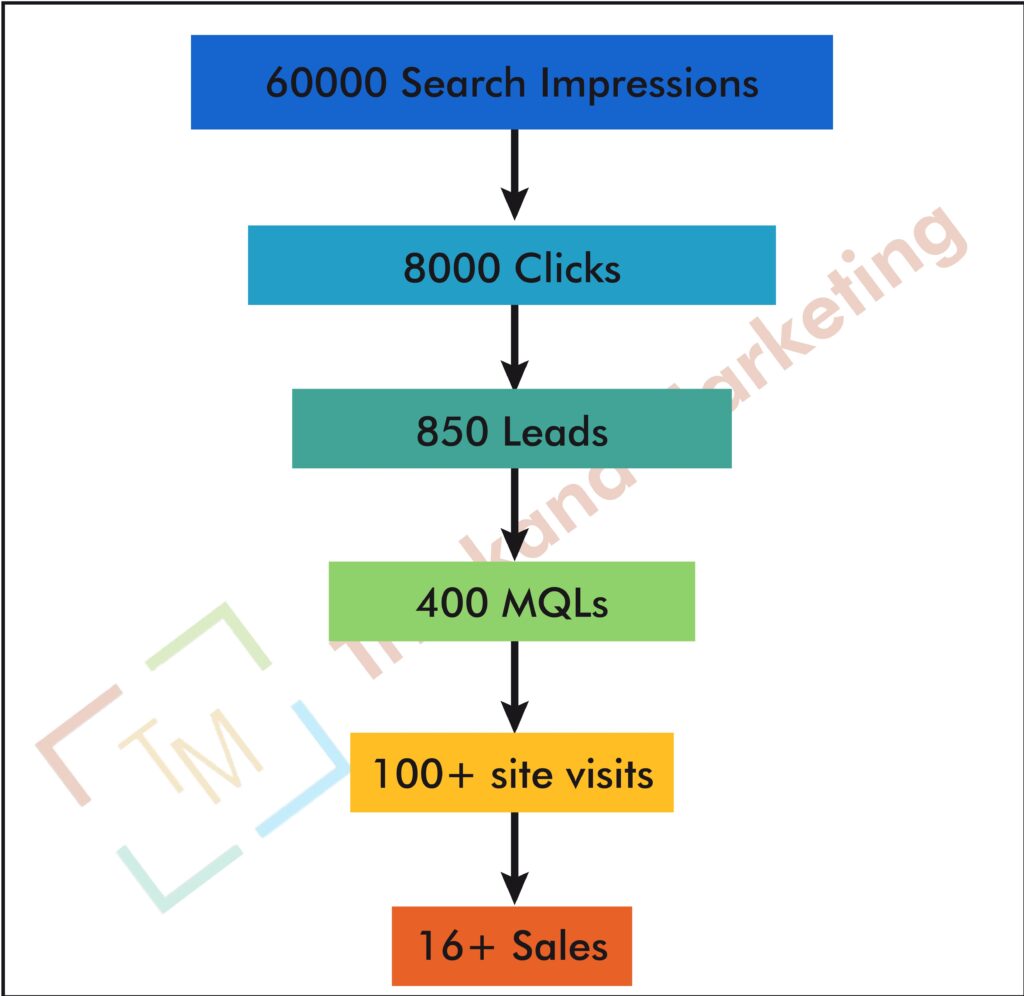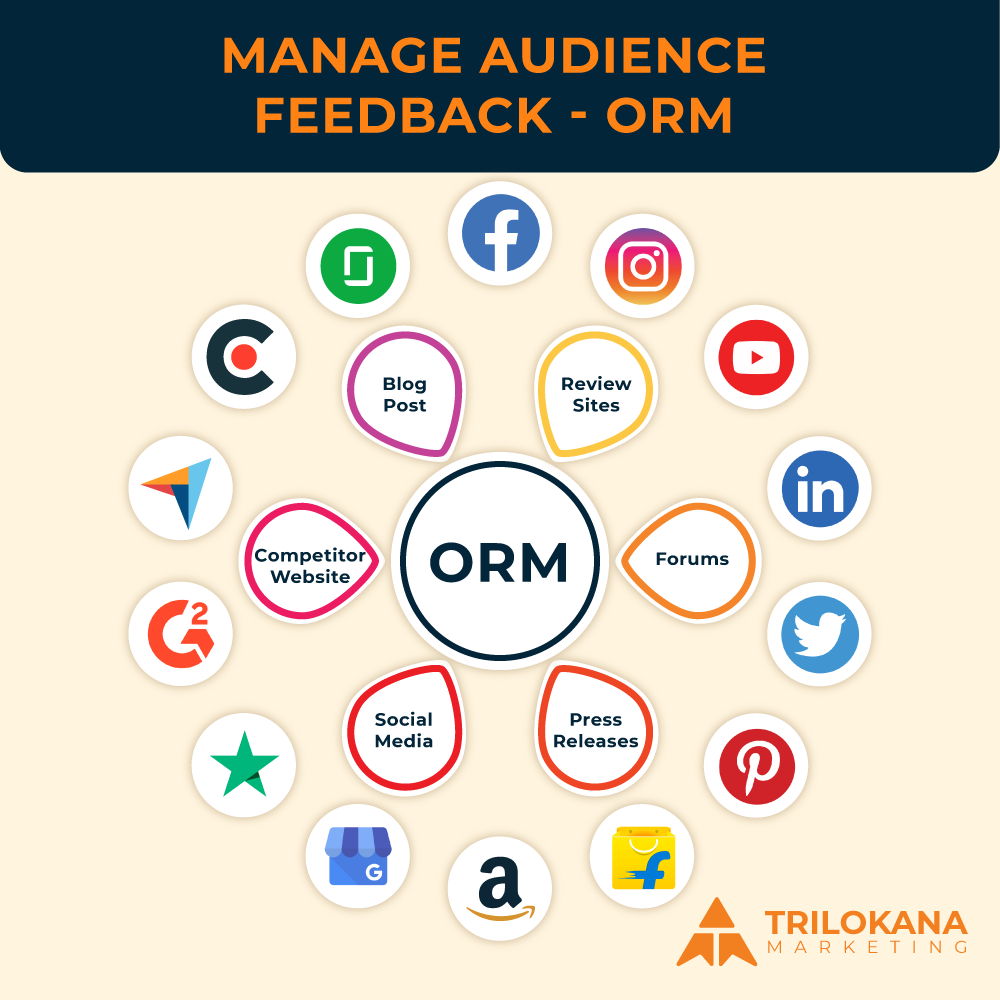Effective Budgeting Strategies: Discover the best practices for allocating your Facebook Ads budget to achieve your marketing goals.
Facebook Ads have become an essential tool for businesses looking to drive growth and engage with their target audience. However, one of the biggest challenges for advertisers, especially small and medium-sized businesses, is determining how much to spend on their Facebook Ads campaigns. This guide will explore the key factors that influence your Facebook Ads budget, provide strategies for effective budgeting, and offer practical tips to ensure you get the most out of your advertising spend.
-
Understanding Facebook Ads Budgeting
1.1 What is Facebook Ads Budgeting?
Facebook Ads budgeting involves setting and managing the amount of money you are willing to spend on your ad campaigns. This includes allocating funds to various campaigns, ad sets, and ads to achieve your desired outcomes while staying within your financial limits.
1.2 Types of Budgets
- Daily Budget: The amount you are willing to spend per day on your Facebook Ads. Facebook will optimize ad delivery within this daily limit.
- Lifetime Budget: The total amount you plan to spend over the entire duration of your campaign. Facebook will optimize ad delivery to stay within this budget.
1.3 Factors Affecting Your Budget
- Campaign Objectives: Different objectives (e.g., brand awareness, lead generation) may require different budget levels.
- Audience Size: Larger audiences may require higher budgets to reach effectively.
- Competition: High competition in your industry can increase the cost of ad placements.
-
Determining Your Facebook Ads Budget
2.1 Set Clear Campaign Objectives
Before determining your budget, clearly define your campaign objectives. Common objectives include:
- Increasing Brand Awareness: To reach a broad audience and build recognition.
- Driving Website Traffic: To direct users to your website for more information or purchases.
- Generating Leads: To collect contact information from potential customers.
- Boosting Sales: To encourage users to make a purchase or sign up for a service.
2.2 Analyze Historical Data
Review historical performance data from previous Facebook Ads campaigns to understand how different budget levels impacted your results. Key metrics to analyze include:
- Cost Per Click (CPC): The average amount you pay for each click on your ad.
- Cost Per Conversion: The cost associated with each desired action (e.g., purchase, sign-up).
- Return on Ad Spend (ROAS): The revenue generated for every dollar spent on ads.
2.3 Consider Your Total Marketing Budget
Allocate a portion of your overall marketing budget to Facebook Ads. Ensure that this allocation aligns with your overall marketing strategy and objectives.
2.4 Start Small and Scale Gradually
If you’re new to Facebook Ads or testing a new strategy, start with a smaller budget. Monitor performance and gradually increase your budget as you see positive results.
-
Budget Allocation Strategies
3.1 Distribute Budget Across Campaigns
- Campaign Type: Allocate budget based on the type of campaign (e.g., brand awareness vs. lead generation).
- Audience Segmentation: Distribute budget to target different audience segments, such as demographics, interests, and behaviors.
3.2 Allocate Budget by Ad Set
Within a campaign, divide your budget among different ad sets. Consider factors like audience size, geographic location, and ad placement when allocating budget.
3.3 Use Automated Budgeting Tools
Facebook offers automated budget optimization tools, such as Campaign Budget Optimization (CBO), which automatically distributes your budget across ad sets to achieve the best results.
-
Monitoring and Adjusting Your Budget
4.1 Track Performance Metrics
Regularly review key performance metrics to evaluate the effectiveness of your budget allocation:
- Click-Through Rate (CTR): Measures the percentage of users who click on your ad after seeing it.
- Conversion Rate: Indicates how many clicks result in the desired action.
- Cost Per Acquisition (CPA): The average cost of acquiring a new customer or lead.
4.2 Adjust Budget Based on Performance
- Increase Budget for High-Performing Ads: Allocate more budget to ads and campaigns that are performing well and generating positive results.
- Reduce Budget for Underperforming Ads: Reallocate or pause budget for ads that are not delivering the desired outcomes.
4.3 Conduct A/B Testing
Run A/B tests to compare different budget allocations and strategies. Test variables such as budget distribution, ad creative, and audience targeting to identify what works best.
-
Best Practices for Facebook Ads Budgeting
5.1 Set Realistic Expectations
Understand that results may vary based on your industry, competition, and target audience. Set realistic expectations for your budget and be prepared for fluctuations in performance.
5.2 Monitor Competition
Keep an eye on your competitors’ ad strategies and budgets. Understanding their spending patterns can provide insights into industry trends and help you adjust your budget accordingly.
5.3 Stay Flexible
Be prepared to adjust your budget based on performance and changing market conditions. Flexibility allows you to optimize your ad spend and respond to new opportunities or challenges.
5.4 Utilize Facebook’s Budget Tools
Leverage Facebook’s budgeting and bidding tools, such as:
- Budget Optimization: Use automated features to maximize the effectiveness of your budget.
- Bid Cap: Set a maximum bid amount to control costs and stay within your budget.
-
Common Budgeting Mistakes to Avoid
6.1 Overestimating Budget Needs
Avoid the mistake of overestimating how much you need to spend. Start with a smaller budget and adjust based on performance data.
6.2 Neglecting to Monitor Performance
Failing to monitor and analyze your ad performance can lead to wasted budget and missed opportunities. Regularly review metrics and adjust your budget as needed.
6.3 Ignoring Testing and Optimization
Not conducting A/B tests or optimizing your budget can limit your ability to identify what works best. Continuously test and refine your strategies to improve results.
Effective Facebook Ads budgeting is crucial for achieving your marketing goals without overspending. By setting clear objectives, analyzing historical data, and employing strategic budget allocation techniques, you can optimize your ad spend and drive meaningful results. With careful monitoring and adjustment, Facebook Ads can be a cost-effective and powerful tool for growing your business.



